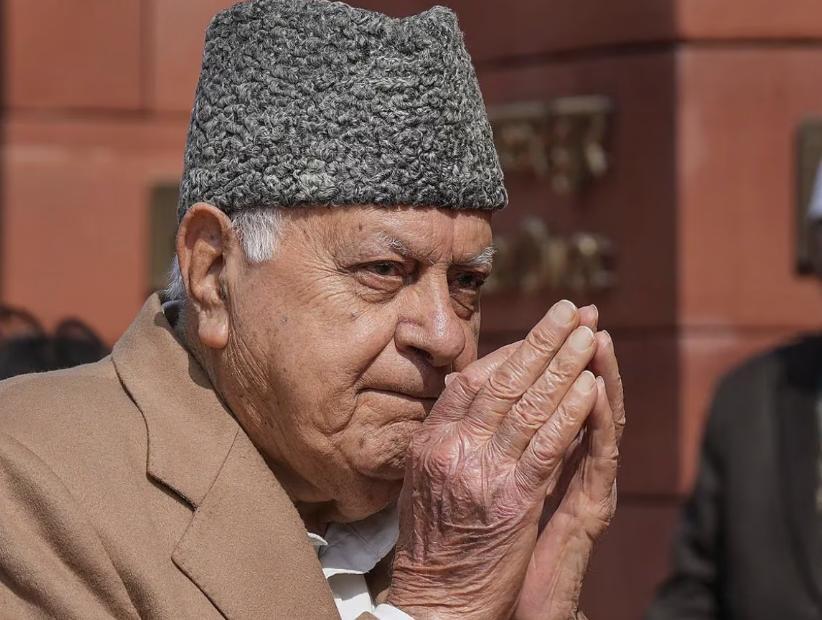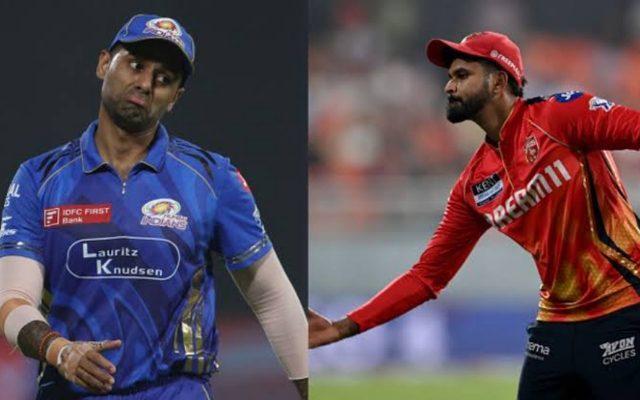
Title: Ex-R&AW chief Dulat claims Farooq privately backed Article 370 abrogation, he denies
The abrogation of Article 370, which granted special status to Jammu and Kashmir, has been a contentious issue in India for a long time. The move, taken by the Narendra Modi-led government in August 2019, was met with widespread protests and criticism from various quarters. Now, former R&AW chief AS Dulat has claimed that former J&K CM Farooq Abdullah privately backed the abrogation of Article 370. However, Abdullah has denied these claims, calling them a “figment of imagination” of the author.
Dulat made these claims in his new book, “The Chief Minister and the Spy”, which is a memoir about his experiences as an intelligence officer and his interactions with various political leaders, including Abdullah. According to the book, Dulat had a close relationship with Abdullah, who was the CM of J&K from 1987 to 1990 and again from 1996 to 2002. Dulat reportedly claimed that Abdullah’s National Conference (NC) had suggested that the abrogation of Article 370 would have helped in passing the Bill.
However, Abdullah has denied these claims, saying that they are baseless and without any foundation. In a statement, he said that the claims made by Dulat are a “figment of imagination” of the author who claims to be his friend. He also questioned the timing of the book’s release, saying that it is an attempt to create controversy and distract from the real issues facing the country.
Abdullah’s denial has been supported by many in the political circle, who have questioned the credibility of Dulat’s claims. They point out that Dulat has a history of making controversial statements and that his book is likely to be a work of fiction rather than a factual account.
The controversy surrounding Dulat’s claims has once again highlighted the politicization of the abrogation of Article 370. The move was widely criticized by various political parties and civil society groups, who argued that it was unconstitutional and would lead to further alienation of the people of J&K. The Modi government, on the other hand, argued that the move was necessary to bring about economic development and integration of J&K with the rest of the country.
The controversy has also raised questions about the role of intelligence agencies in shaping political decisions. Dulat’s claims have sparked a debate about whether intelligence agencies should be involved in making policy decisions and whether they should have the power to influence the political process.
In conclusion, the controversy surrounding Dulat’s claims highlights the complexity and sensitivity of the issue of Article 370. While Dulat’s claims may have created a stir, they are unlikely to change the fact that the abrogation of Article 370 remains a contentious issue in India. The controversy has also raised important questions about the role of intelligence agencies in shaping political decisions and the need for transparency and accountability in the political process.
News source: https://repository.inshorts.com/articles/en/PTI/5880e3bf-0a05-40d6-887a-465b5c760b3a






